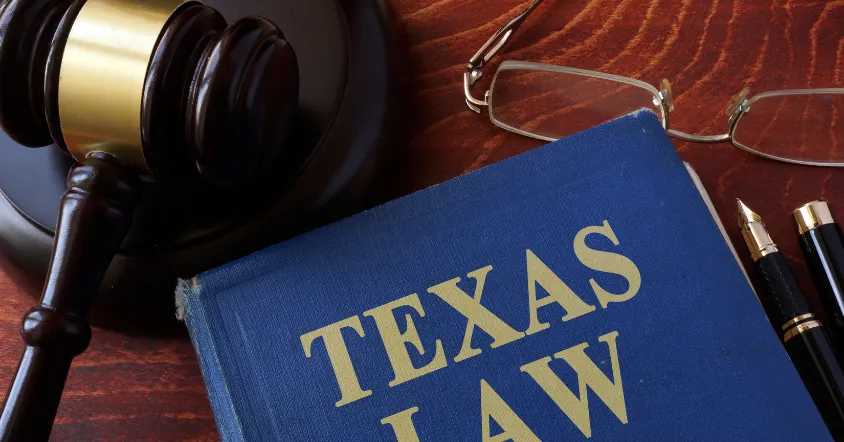
If you’ve been charged with a crime in Texas, you may hear the term “plea bargain” early in the process. For many people in the Brazos Valley, the concept can feel confusing or even intimidating but understanding how plea bargains work can make a big difference in how you approach your case.
At its core, a plea bargain is an agreement between the defense (you and your attorney) and the prosecution to resolve a criminal case without going to trial. While it may not sound ideal at first, in many situations, it can lead to a quicker, less risky outcome.
What Exactly Is a Plea Bargain?
A plea bargain is an agreement between the prosecutor and the defendant to resolve a criminal case without going to trial. Typically, this involves the defendant agreeing to plead guilty or “no contest” in exchange for a benefit, such as:
- A reduced charge (for example, a felony reduced to a misdemeanor)
- A lighter sentence (like probation instead of jail time)
- Dismissal of one or more charges
Because trials can be lengthy, costly, and uncertain, plea bargains are one of the most common ways criminal cases are resolved in Texas.
Types of Plea Bargains in Texas
Not all plea bargains look the same. Depending on your charges and circumstances, prosecutors may offer:
- Charge Bargains – You plead guilty to a less serious charge. Example: agreeing to plead guilty to misdemeanor assault instead of felony assault.
- Sentence Bargains – You plead guilty to the original charge but receive a lighter sentence.
- Count Bargains – If you’re facing multiple charges, some may be dropped in exchange for a guilty plea to others.
Your attorney will help you understand which type of plea bargain is on the table and how it could affect your record and your future.
Pros and Cons of Accepting a Plea Bargain
Benefits:
- Certainty: You’ll know the outcome of your case instead of risking a harsher penalty at trial.
- Reduced penalties: You may face less jail time, lower fines, or probation instead of incarceration.
- Quicker resolution: Trials can take months or even years. A plea bargain moves your case forward faster.
Drawbacks:
- Permanent record: Even with a reduced charge, a guilty plea still results in a conviction.
- Waiving trial rights: By accepting a plea, you give up your right to a jury trial and to challenge the prosecution’s evidence in court.
- Collateral consequences: A conviction may affect employment, housing, immigration status, or professional licensing.
That’s why having a skilled attorney reviewing your options is critical. What looks like a “good deal” on paper may not be in your best long-term interest.
How Plea Bargains Work in the Brazos Valley
In Brazos County courts (serving Bryan, College Station, and surrounding areas), prosecutors often offer plea deals to move cases through the system more efficiently. Your defense attorney’s role is to:
- Review the evidence and determine the strength of the prosecution’s case
- Negotiate with the prosecutor to secure the best possible terms
- Advise you on whether the plea offer is truly in your best interest
- Prepare for trial if rejecting the plea is the smarter move
Every case is unique. Sometimes going to trial is risky, and a plea deal is the safest way forward. Other times, the prosecution’s case may be weak, and the trial could result in dismissal or acquittal.
Bottom Line: Should You Accept a Plea Bargain?
The decision to accept or reject a plea bargain is one of the most important choices you’ll make in your criminal case. There’s no universal answer; it depends on your charges, the evidence, and your goals for the future
Spiegelhauer Law Can Help
If you don’t know where to turn, Spiegelhauer Law is here to help. We focus exclusively on criminal defense and understand how to navigate the Texas legal system with skill and urgency.
Call Spiegelhauer Law today to schedule a consultation. Your future deserves strong defense.


Leave a Reply
Your email address will not be published. Required fields are marked *